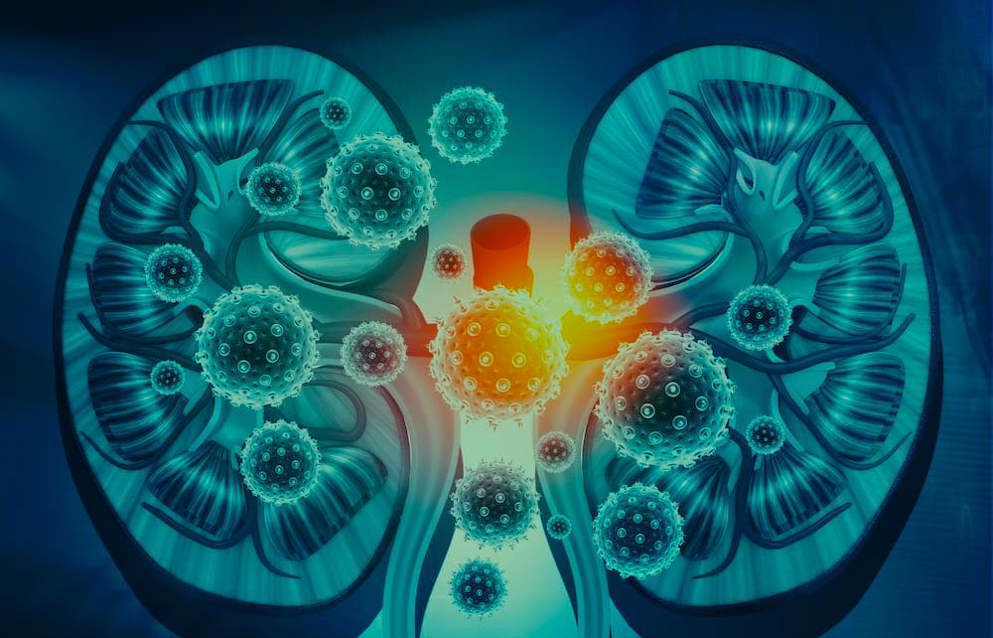Determinants of Hyperkalemia Progression Among Patients with Mild Hyperkalemia
Determinants of Hyperkalemia Progression Among Patients with Mild Hyperkalemia
Introduction: The progression of mild hyperkalemia and the predictors of progression have not been well characterized. In this study we aimed to characterize the progression of hyperkalemia and identify the risk factors for hyperkalemia progression.
Methods: Adults with mild hyperkalemia (at least one serum potassium measure > 5.0 and ≤ 5.5 mEq/L) were identified using electronic medical records from the Research Action for Health Network (2012-2018). Progression to moderate-to-severe and progression to severe hyperkalemia were defined as the first occurrences of a serum potassium measure > 5.5 and > 6.0 mEq/L, respectively. Kaplan-Meier analyses were conducted to estimate progression rates for all patients and by pre-specified patient subgroups. Hazard ratios (HR) of moderate-to-severe and severe hyperkalemia progression were estimated using Cox models.
Results: Of 35,369 patients with mild hyperkalemia, 16.9% and 8.7% progressed to moderate-to-severe and severe hyperkalemia, respectively. Rates of hyperkalemia progression elevated with the severity of chronic kidney disease (CKD). The highest progression rates were seen in patients with CKD stage 5 (stage 5 vs. no CKD: moderate-to-severe, 50.2% vs. 12.0%; severe, 31.3% vs. 3.9%; p < 0.001). Higher progression rates were also observed in patients with heart failure, hypertension, and type II diabetes compared with patients without those conditions (all p < 0.001). The most prominent risk factors were CKD stage 5 (HR of progression to moderate-to-severe hyperkalemia, 3.32 [95% CI 3.03-3.64]; severe, 4.08 [3.55-4.69]), CKD stage 4 (2.19 [1.97-2.43], 2.28 [1.92-2.71]), CKD stage 3 (1.57 [1.46-1.68], 1.65 [1.46-1.87]), type I diabetes (1.37 [1.18-1.61], 1.54 [1.23-1.93]), and serum potassium (1.12 [1.10-1.15], 1.13 [1.10-1.17] per 0.1 mEq/L increase) (all p values < 0.05).
Conclusion: Hyperkalemia progression rates increased significantly with CKD stage and were also higher among patients with higher baseline potassium level, heart failure, hypertension, and diabetes.
Read abstract on library site Access full article




